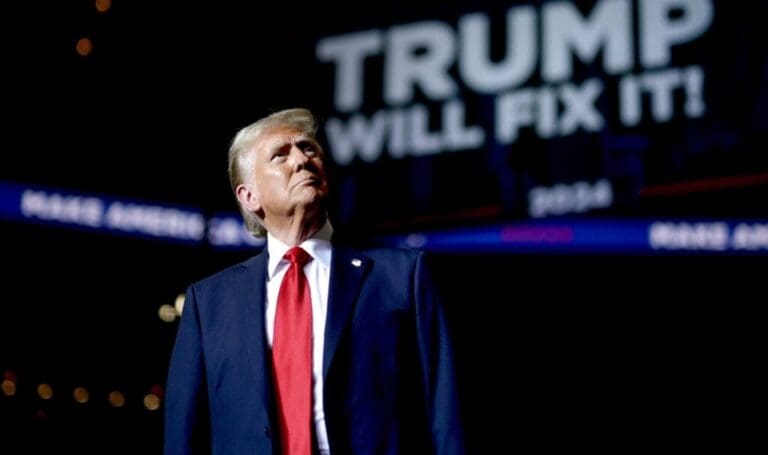Trump’s return to the presidency has resulted in a wave of congratulations and optimism among several African officials. Many leaders have emphasized their desire to strengthen bilateral relations with Washington, particularly in trade and security.
On November 6, 2024, the Nigerian presidency released a statement in which President Bola Tinubu congratulated Trump. In his message to APA, Tinubu highlighted this re-election as an opportunity to bolster cooperation between Abuja and Washington, focusing on economic development and addressing global challenges. He expressed confidence in Trump’s capacity to contribute to a more stable and prosperous world while commending the U.S. electoral process as a hallmark of democracy. Tinubu reiterated the need for “sincere, beneficial, and reciprocal” partnerships between the United States and Nigeria.
Ethiopian Prime Minister Abiy Ahmed also expressed excitement about the possibility of enhanced collaboration with the U.S. under Trump’s second term, stating on social media his eagerness to work closely with the Trump administration to strengthen bilateral relations.
Togolese President Faure Gnassingbe welcomed Trump’s re-election as a testament to American voters’ faith in his leadership. He viewed this as an opportunity to deepen Togo’s partnership with the United States, highlighting shared values such as peace, progress, and respect for human rights.
Other African leaders also responded positively to Trump’s re-election. Guinea-Bissau President Umaro Sissoco Embalo expressed his intention to strengthen ties with the U.S., hoping this new mandate would foster peace and progress. Somaliland similarly congratulated Trump, aiming to enhance strategic relations with Washington in its pursuit of peace and prosperity.
Zambian President Hakainde Hichilema praised the American people’s choice, reaffirming his commitment to developing bilateral relations between Zambia and the U.S.
Notably, even political opponents in Africa have offered congratulations to Trump, acknowledging the significance of democratic transitions. Mozambican opposition leader Venancio Mondlane cited the American electoral process as a model, stressing the importance of respecting the will of the people.
However, not all reactions have been enthusiastic; some analysts express more cautious perspectives. In an interview with APA on election day, Dr. Alioune Aboutalib Lo, a researcher at the AKEM Center in Istanbul, voiced concerns regarding the potential impacts of Trump’s re-election on U.S.-Africa relations. “A Trump victory could lead to significant consequences, particularly concerning trade, security, and human rights,” he noted. Dr. Lo suggested that Trump might adopt a pragmatic yet distant approach, characterized by limited economic and security cooperation while placing less emphasis on human rights issues.
AC/Sf/fss/abj/APA


